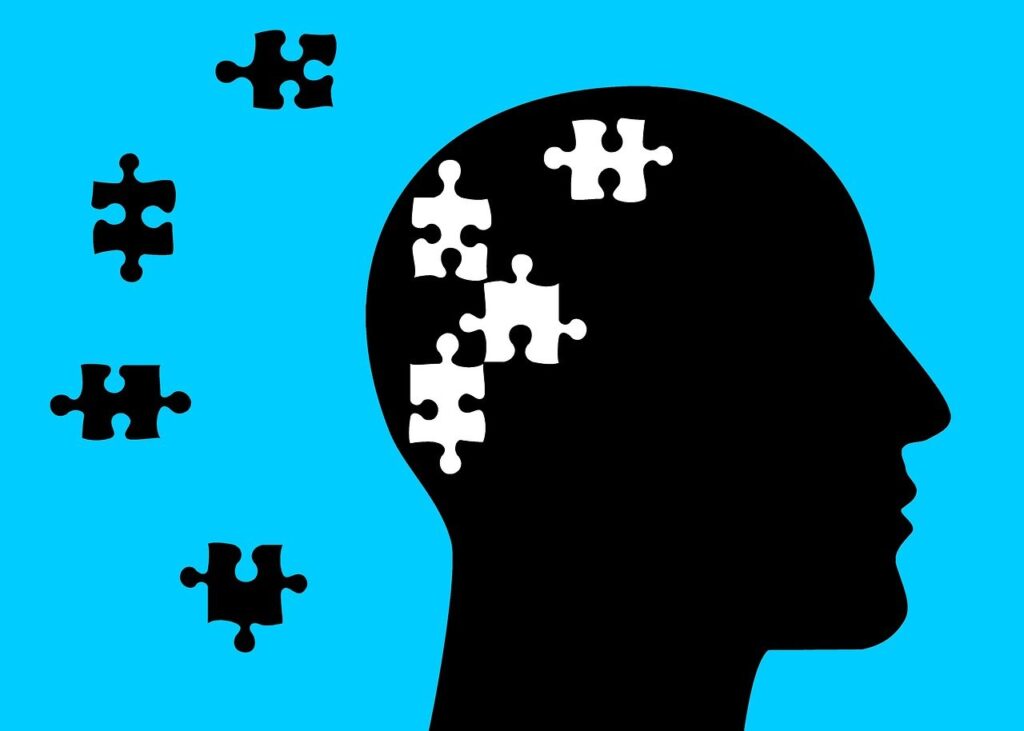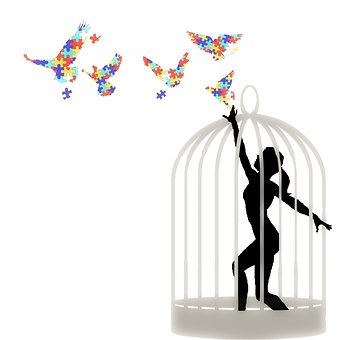Summary
Incarceration has a huge impact on mental health. Not only is going to jail detrimental to mental health it also impacts one's self esteem.
What effects does incarceration have on mental health?
The alarmingly large number of inmates with mental health issues who are housed in jails and prisons is frequently discussed. The ways that incarceration itself contributes to this issue by causing and exacerbating mental disease symptoms, however, are less well-known. While it differs from person to person, research demonstrates that incarceration is connected to mood disorders such as major depressive disorder and bipolar disorder.
The prison atmosphere can be intrinsically harmful to mental health since it isolates inmates from society and takes away their sense of meaning and purpose in life. Further harm may result from the horrifying circumstances typically found in jails and prisons, such as overcrowding,solitary confinement, and regular exposure to violence. Even after serving their legal terms, many people continue to experience the psychological repercussions of incarceration. According to research it has even shown that incarceration can cause “Post-Incarceration Sickness,” a syndrome resembling PTSD.
The act of incarceration itself is detrimental to people’s health. According to many psychiatrists, the jail atmosphere is almost devilishly designed to make a criminal feel the symptoms of mental illness. Numerous characteristics of incarceration, such as estrangement from family, loss of autonomy, boredom, a lack of purpose, and the unpredictable nature of the environment, are associated with poor mental health outcomes. “Prison is difficult, to say the least, and those who are imprisoned frequently experience long-term effects as a result of having to endure pain, deprivation, and incredibly unusual patterns and conventions of existence and interacting with others.”

In fact, as we have previously mentioned, simply seeing violence while in custody can be traumatic. Exposure to prison and jail violence can aggravate pre-existing mental health disorders or possibly cause post-traumatic stress symptoms like anxiety, depression, avoidance, hypersensitivity, hyper-vigilance, suicide, flashbacks, and difficulties controlling one’s emotions.
Events—often abbreviated as PTEs—occur often in prison. The review also showed a high correlation between PTSD rates after release and having PTEs while incarcerated.
Consequences on mental health
Prison is frequently seen as a temporary state that inmates must endure before being released. However, spending time in jails and prisons can have a variety of consequences that follow people after they are released. According to research,incarceration can cause or exacerbate mental illness symptoms. These consequences can persist long after a person has left the prison walls.
Moreover, those that have been incarcerated have very minimal control over their day-to-day lives. Including when they wake up, what they eat, what their jobs are, and when they have access to recreation. Ultimately this can lead to feelings of dependence and helplessness; moreover, making it harder for reentry into society.
Overall, being incarcerated has longer lasting negative impacts on individuals. Ultimately how we punish those who have committed crimes carries long lasting impacts on the person themselves and their family. It is up for debate whether incarceration is an effective method to rehabilitate those who have spent time behind bars.
Since jail/prison itself can cause extreme issues with mental health, society should be reflective and investigate alternatives to help people. Before being released from jail there are several factors that should occur. There should be some sort of reentry into society programs available for repeat offenders.
It is clear they may not possess the skill set needed to productively contribute to society. Although everyone may not be successful in the program it is important to educate and give opportunities for improvement. We need to reform the judicial system. Many people that experienced trauma, mental health disorders, or come from a low-socioeconomic background are disproportionately at a disadvantage.

